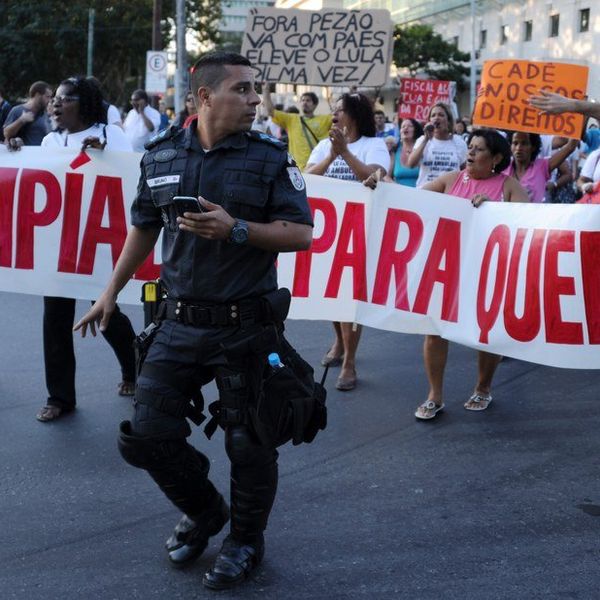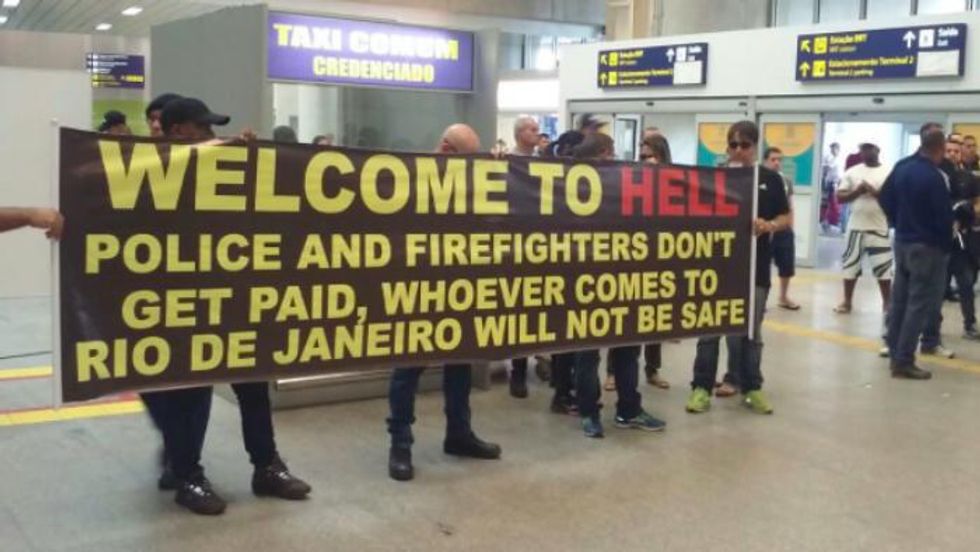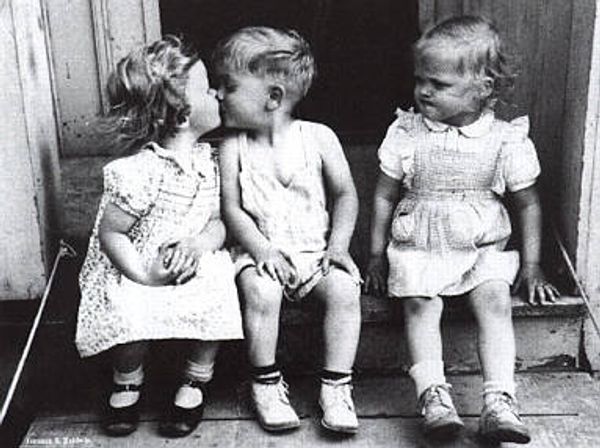Greeted by signs saying “Welcome to Hell”, tourists have been slowly creeping into Brazil’s capital in anticipation of the 2016 summer Olympics. The signs were created by former members of Brazil’s police force, which is struggling to keep itself alive amid the political turmoil throughout Brazil and most prominently in Brazil’s capital, Rio de Janeiro. Amid stunning scenery and a vibrant culture, the city of Rio de Janeiro (Rio) finds itself in a difficult position with having to handle a combination of a huge expected influx of tourists with a struggling (if present at all) police department.
The police department in Rio is facing significant challenges for many seemingly unsolvable reasons. First, policemen in Rio claim that they have not been paid for months. Naturally, this occurrence has discouraged many policemen from continuing their work and has left Rio with fewer officers. This is connected to how Brazil is currently being hit by a severe economic recession and lacks the necessary funds to maintain an efficient police department.
Because the government cannot afford to pay cops who have already been trained in law enforcement, Rio has started to rely on makeshift police groups who have already been noticed for their preference of violent tactics and accused of brutality and human rights violations. It is becoming very clear that this new police force has become more of a problem than a solution. The Washington Post found that, “The homicide rate in Rio is up 15 percent through the first four months of 2016, while street robbery is up 24 percent.” The new police force has also been heavily criticized for being trigger-happy among civilians. Rio’s mayor commented on this issue by saying, “They (state police) don't care if there is a child in the middle -- they shoot their target.” This makes it clear that although there may still be policemen on the streets of Rio, people in Rio will not be safe until the police in Rio have been trained better and/or replaced with more competent workers. It is also important to note that because of this, the world is paying attention to Rio for possible cases of human rights violations relating to police brutality and Brazil may face condemnation in the future.
In addition, the policemen in Rio are frustrated because they feel as though they have been inadequately prepared and supplied for their tasks. For example, because of Rio’s high crime rate, they come into contact with many criminals who have more weapons than they do and they feel as though they cannot compete with them and they must leave that criminal alone. A policeman stated his frustration by saying, “You encounter a drug trafficker armed with lots of ammunition and you only have only 20 bullets. It is absurd.” Rather than combatting crime in favelas or impoverished areas surrounding the city, the police are told to merely patrol tourist hot spots for petty crime. This is significant because in this case not only the police are frustrated, but also the civilians who feel as though their government has failed them by withdrawing forces that made their neighborhoods safe.
The struggling police force in Rio is just one of the many problems the city is currently facing as it prepares for the 2016 Summer Olympics. In addition to its policing problems, Brazil has to address problems such as corruption in their own domestic politics, a severe economic recession that has left vast amounts of people unemployed, and the spread of the Zika virus, something which has already deterred many athletes from participating in the games. Despite these problems the Olympic games are still on schedule, but it is clear that all athletes and tourists should exercise great caution while traveling to Rio.






















